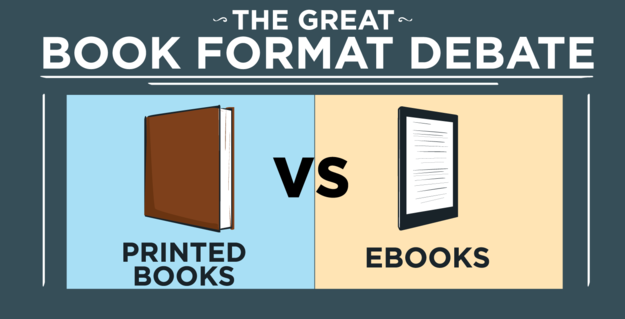0 Comments
For hundreds of years reading has been an exciting pastime for children. Boys and girls can travel to the moon, explore a new country, ride bareback on the plains, solve mysteries with the Hardy Boys and Nancy Drew, fly with Peter Pan, and hide under the covers when the wicked witch poisons Snow White. As children grow older, literature comes alive under the tutelage of Charles Dickens Charlotte Bronte, Jules Verne, Jane Austen, J.R.R. Tolkien, C.S Lewis, Thomas Hardy Herman Melville, Jack London, and many others. By the time they enter college, students will have read many of the world’s greatest books, which can positively influence their studies and lives.
Developing Good Reading Habits for Paper vs. E-book
Good reading habits begin in infancy, when parents and other family members show babies the brightly colored pictures in books. Little ones listen when someone points to a picture and says a word. A child’s love of books continues as a toddler, when books are read to them and they quickly memorize the story. The challenge to books comes as children enter school and are introduced to electronic gadgets to complete much of their schoolwork Natural curiosity and increasing dexterity cause children to gravitate to electronics and the games they offer. When children are limited to the amount of time they can watch television and play games, books will continue to be an important ton and learning experience, whether they are printed or in electronic format.
Advantages Of “Real” Books
There are textures, natural sounds, and colors associated with “real” books that are not to be found in their electronic counterparts.
Other advantages include:
- Paper books do not require electricity or a charger.
- There is no glass to break when you drop a paper book.
- Traditional books can be passed from one person or generation to another.
- You can write your name inside the cover, write notes under sentences, and dog-ear the pages.
- You can tell when a paper book is loved and read frequently.
- Used books may contain the notes and thoughts of previous owners.
- Lending a single book will not prevent you from reading the rest of your collection.
- Every book feels looks, and smells different.
- Book pages make soft sounds as they are turned.
- Books come in all sizes and drapes.
Advantages of E-books
Technology always brings new options and advantages to the products it embraces. An e-book reader is small in size, but has a huge memory that can hold hundreds of books in one tiny space. Other advantages include:
- E-books are the perfect traveling companion whether you are driving or flying.
- New releases cost less than their print counterparts.
- You can buy e-books any time of day or night, and they are instantly delivered.
- You never need to leave your home to purchase new books.
- E-books are searchable.
- Many e-books are interactive and include videos.
- You can resize or change the fonts in an e-book.
- Titles no longer in copyright are often offered as a free download.
- E-books can be read on computers tablets e-readers, and smartphones.
Encouraging your children to read every day is vitally important if you want your child to succeed in school and life. Successful students go on to do well in college and in their careers. Provide both traditional paper back books and e-books to your children and they will have a well-rounded reading experience.
